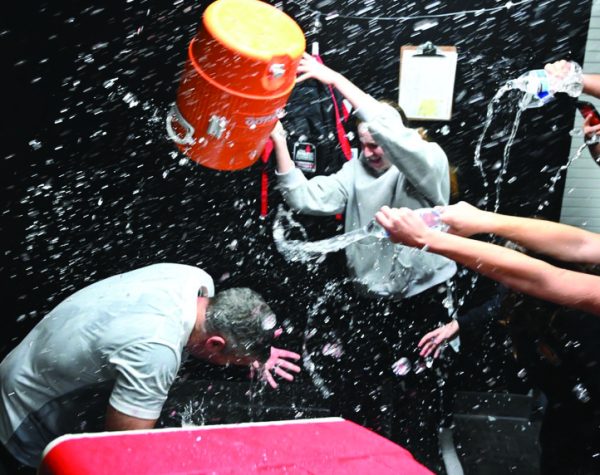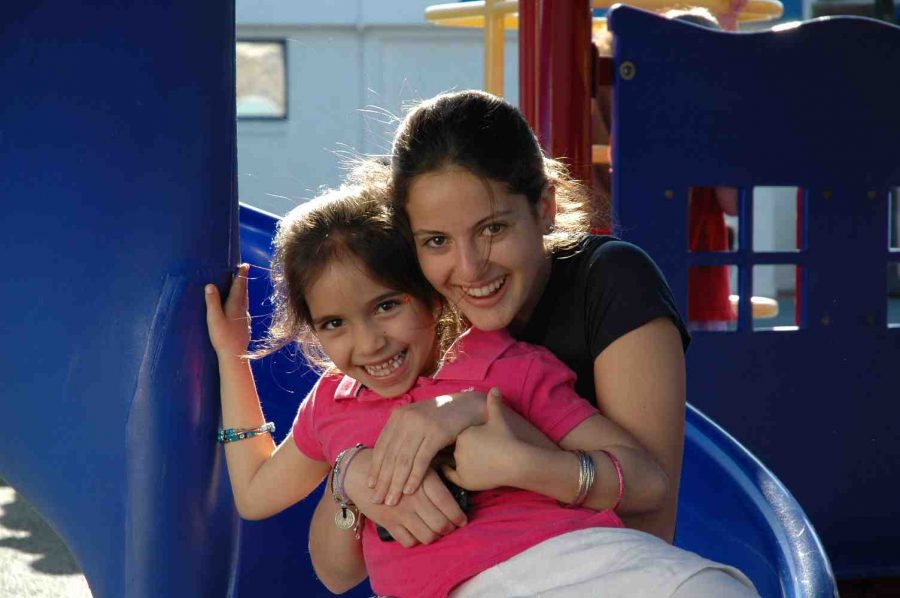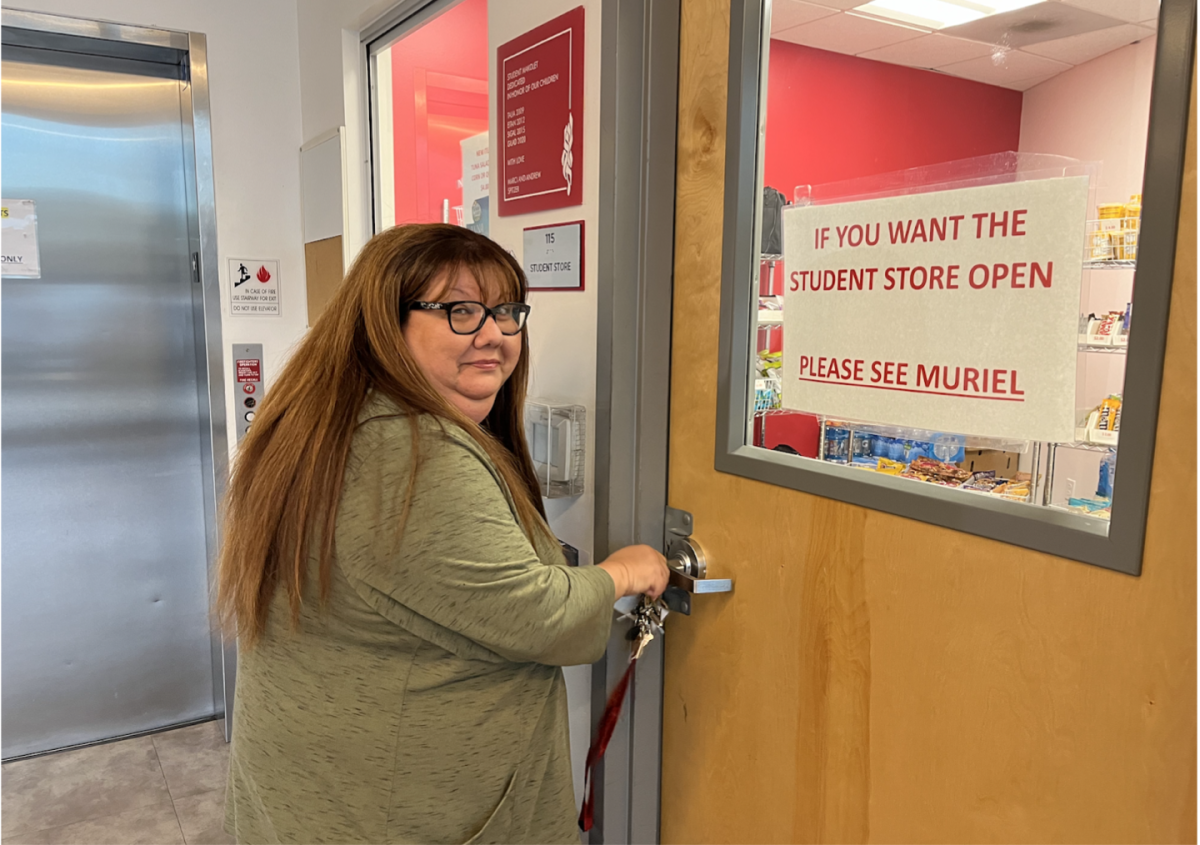With the news of the closing of the lower Shalhevet schools, many students—both lower schoolers and high schoolers alike—are finding difficulty coping with the big changes ahead.
Rachel Hecht, Shalhevet’s school counselor, offers several ways to help both teachers and younger students deal with this difficult time. In an interview with The Boiling Point, she offered five ideas for how to help;
1.
Putting a smile on sad faces
For a child in the lower school who is feeling down, the best thing an older student can do is put a smile on their face.
Mrs. Hecht said she noticed older students playing and laughing with younger students on the yard on the day the closing of the schools was announced. Being available for playtime or talking, she says, is the best way to comfort a younger student who is hurting.
“The younger students need to feel safe and loved and the high school students can provide that for them by continuing to encourage them and be there for them,” she says
2.
Group projects
At town hall last week, many students suggested ways which high schoolers can make a group effort to help the members of the lower schools through this difficult time. Some suggestions that were brought up were high school-wide involvement in the Big Brothers-Big Sisters program, which assigns lower school students high school “buddies” who meet with them once a week. Another suggestion was a memorial yearbook for the lower schools.
“I was incredibly impressed with the ideas presented by the students in last week’s town hall.” says Mrs. Hecht. “I have no doubt that the Shalhevet High School students will rise to the occasion and show the younger grades the support they need during this trying time.”
3.
Model healthy behavior
Mrs. Hecht stresses that the younger students are looking up to the older students for signals on how to react. As older members of the community, the eighth graders and the high schoolers serve as role models to the members of the lower school. Therefore, older students must model healthy coping behavior and not be afraid to embrace their feelings for the sake of the younger students.
4.
Tell teachers how much you appreciate them
Though it is tempting to try to solve the problems of the teachers and the students, Mrs. Hecht stresses that problem-solving the job of the students themselves.
“The best thing you can do for the teachers is tell them how much you appreciate them,” she says.
She suggests telling middle school teachers how much their classes meant to you if they were your teacher in Shalhevet middle school. Whether it be a card or a heartfelt talk, sincerely expressing your admiration for your middle school teachers is the most helpful thing a student can do in this situation.
“It reminds teachers why they teach,” said Mrs. Hecht.
5.
Comfort sincerely
When comforting others, always speak from your heart.
“You can’t tell someone else what to say to make people feel better,” explains Mrs. Hecht. “It’s best to say whatever you sincerely feel.”
As such, there is no right thing to tell friends who are hurting. Mrs. Hecht suggests allowing others to cope on their own, but offering sincere comforting words and being open for listening.



















